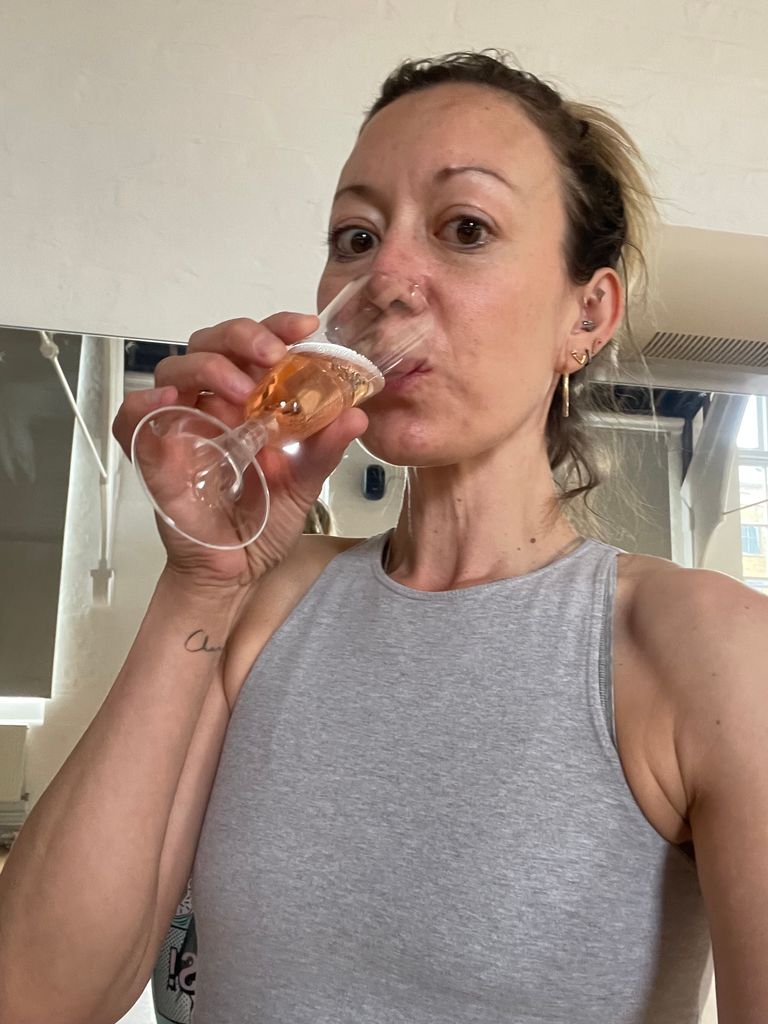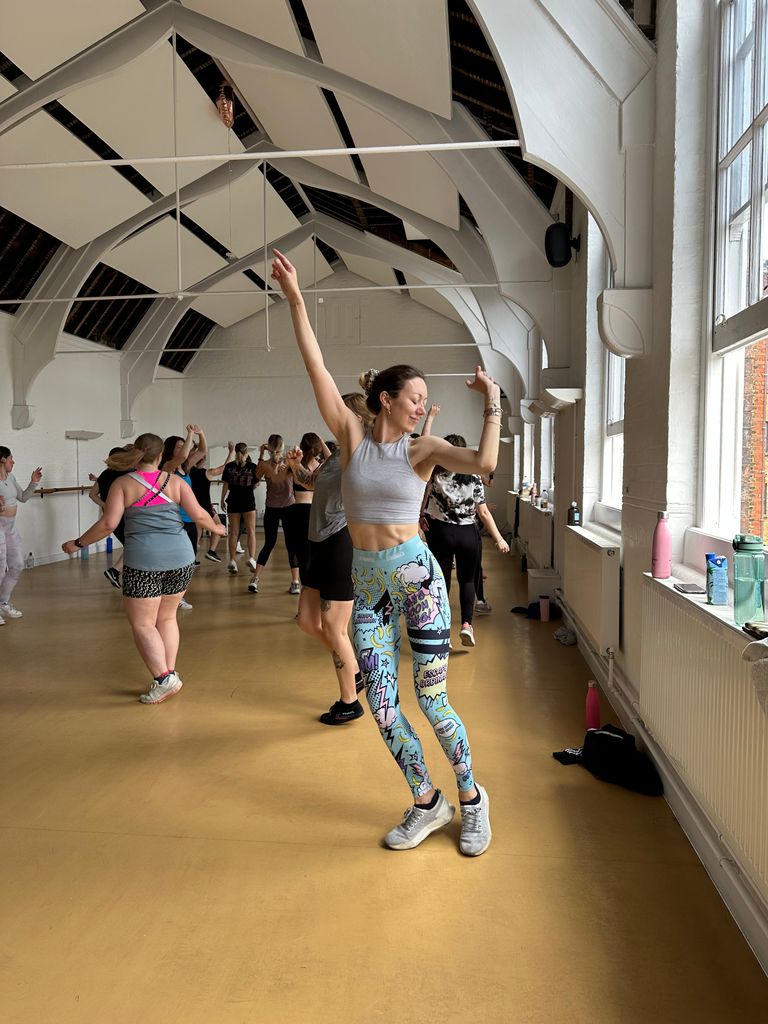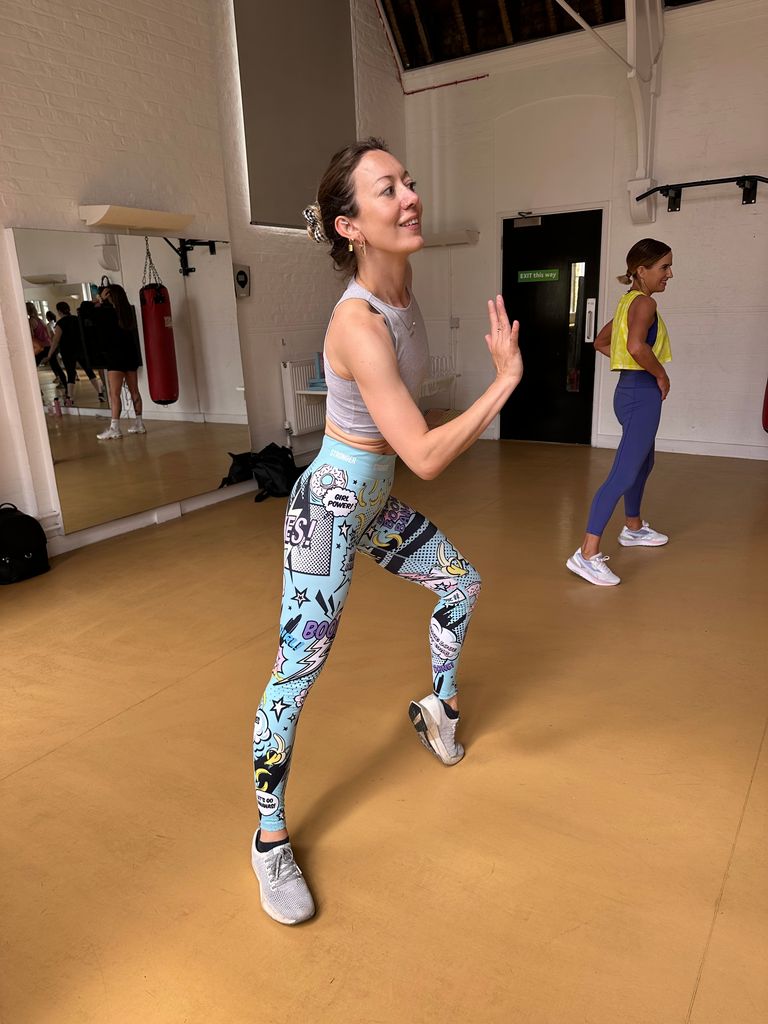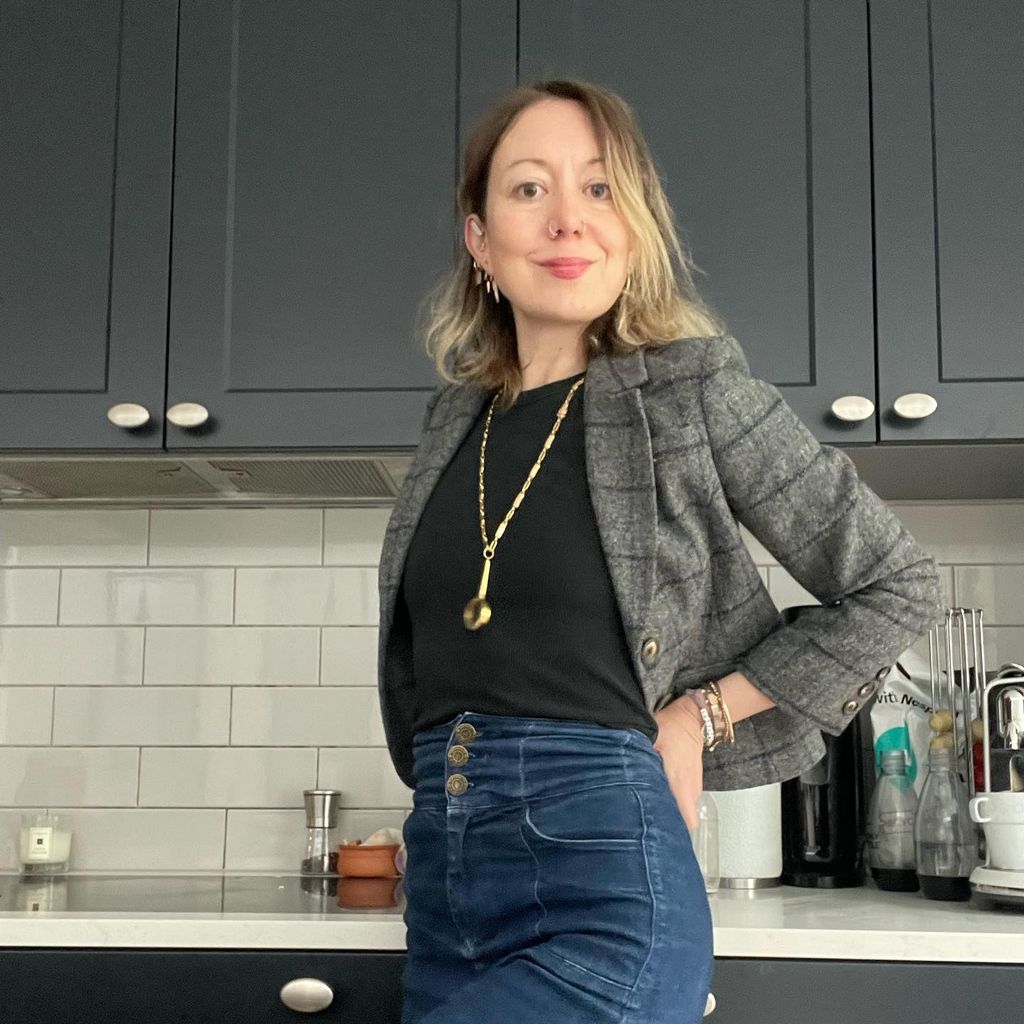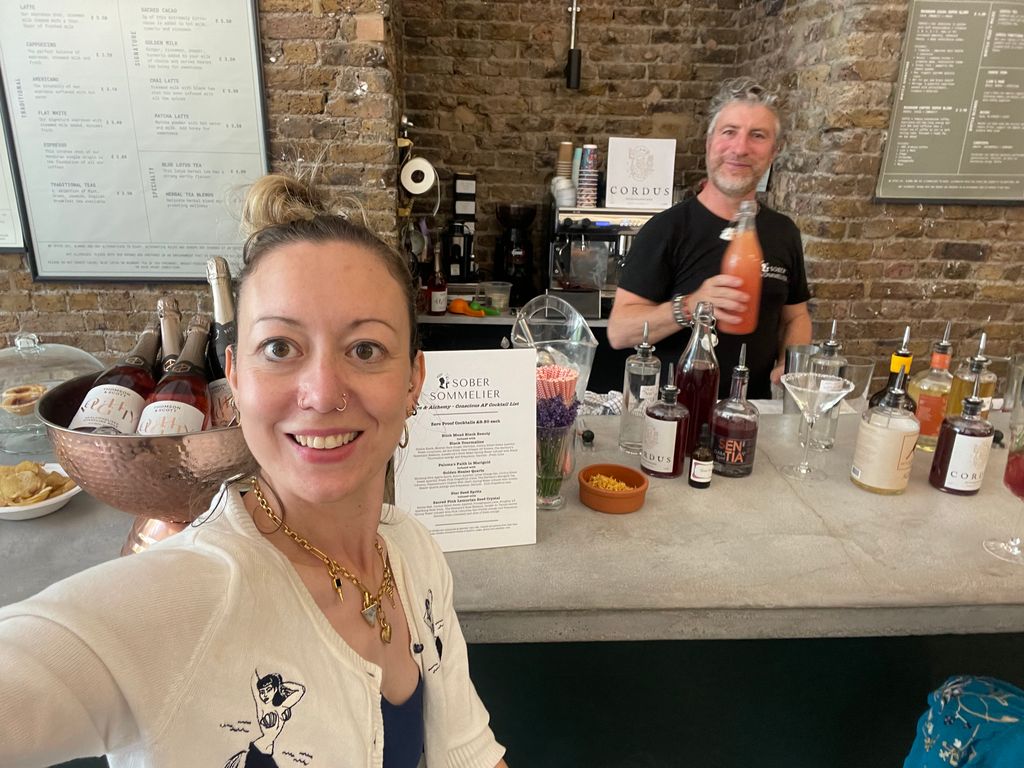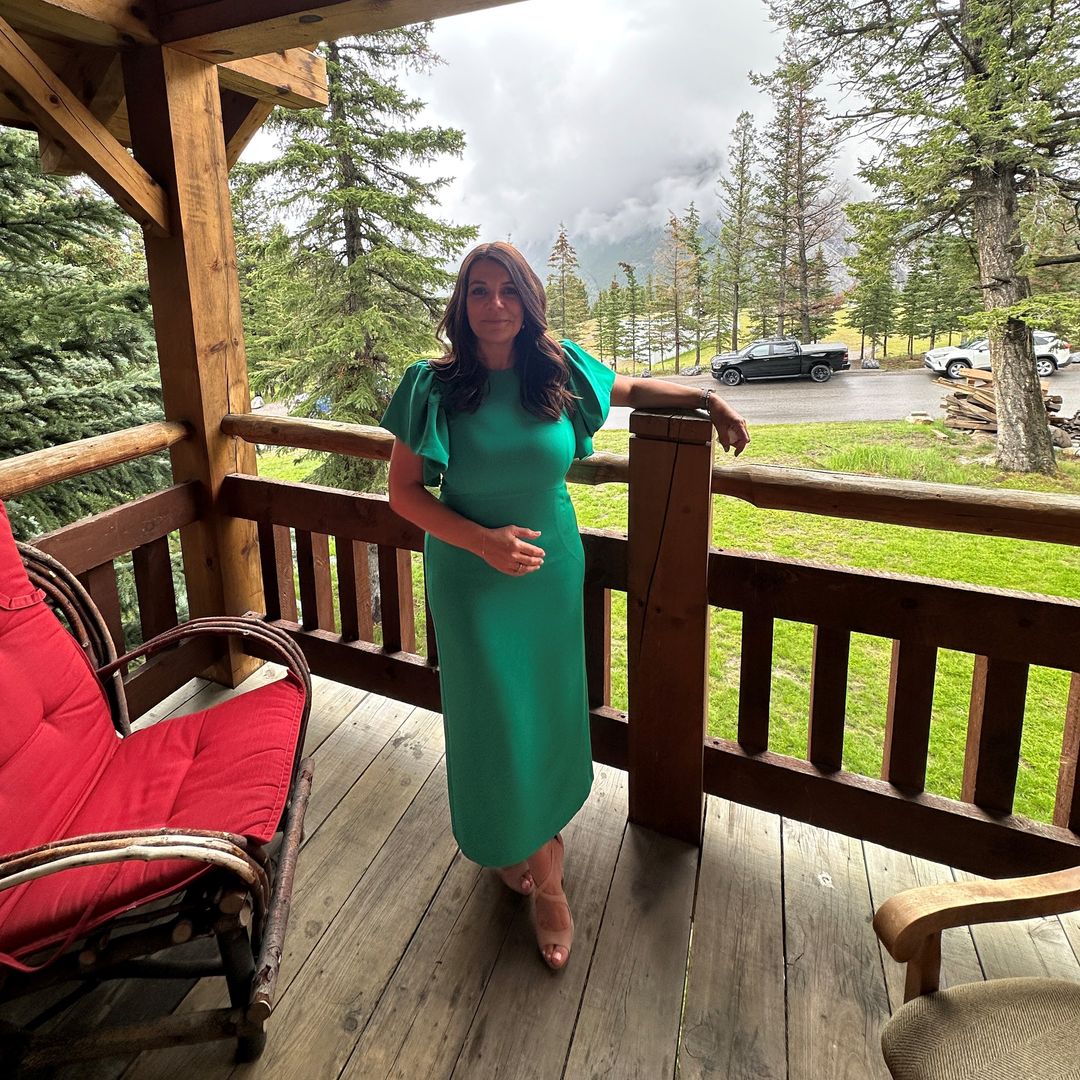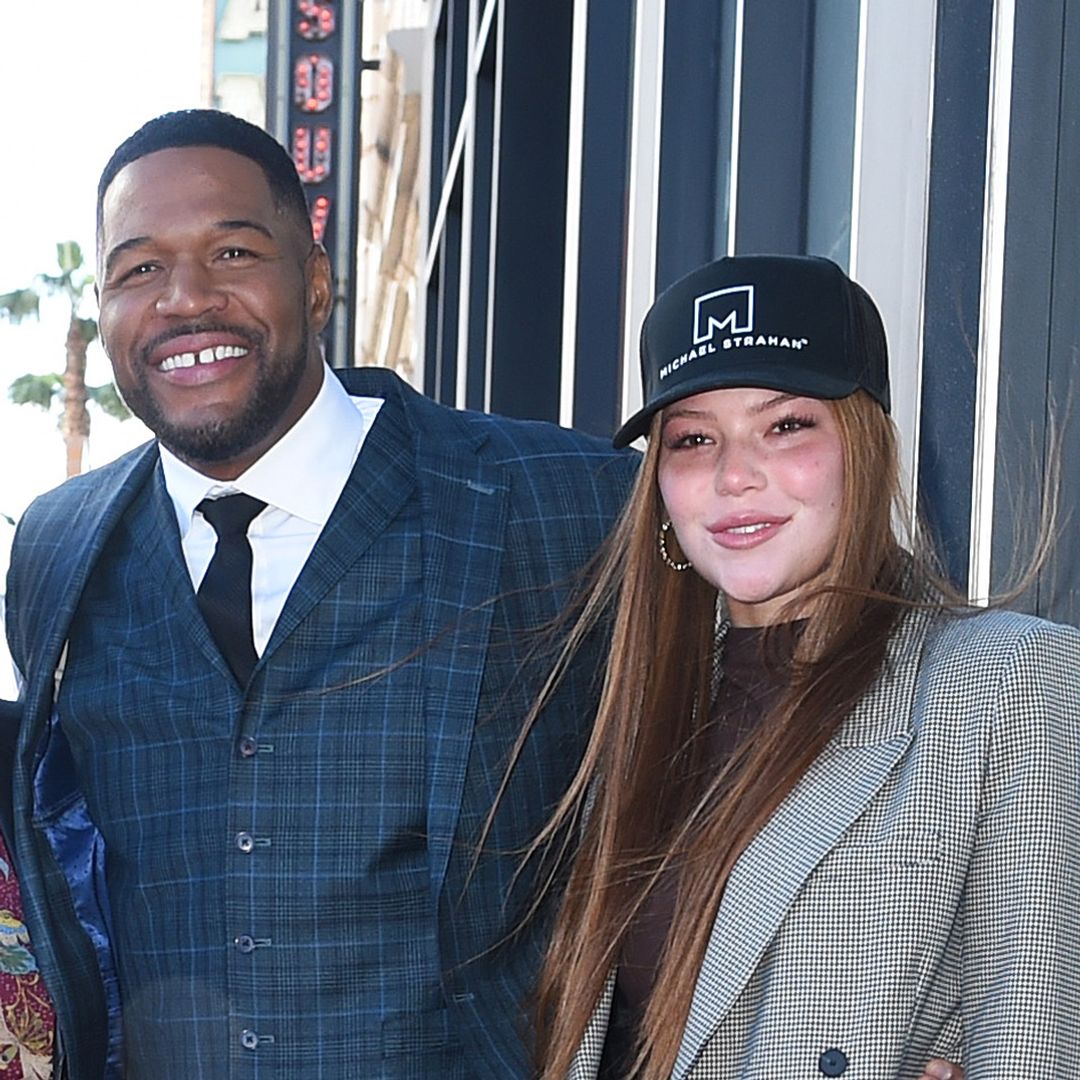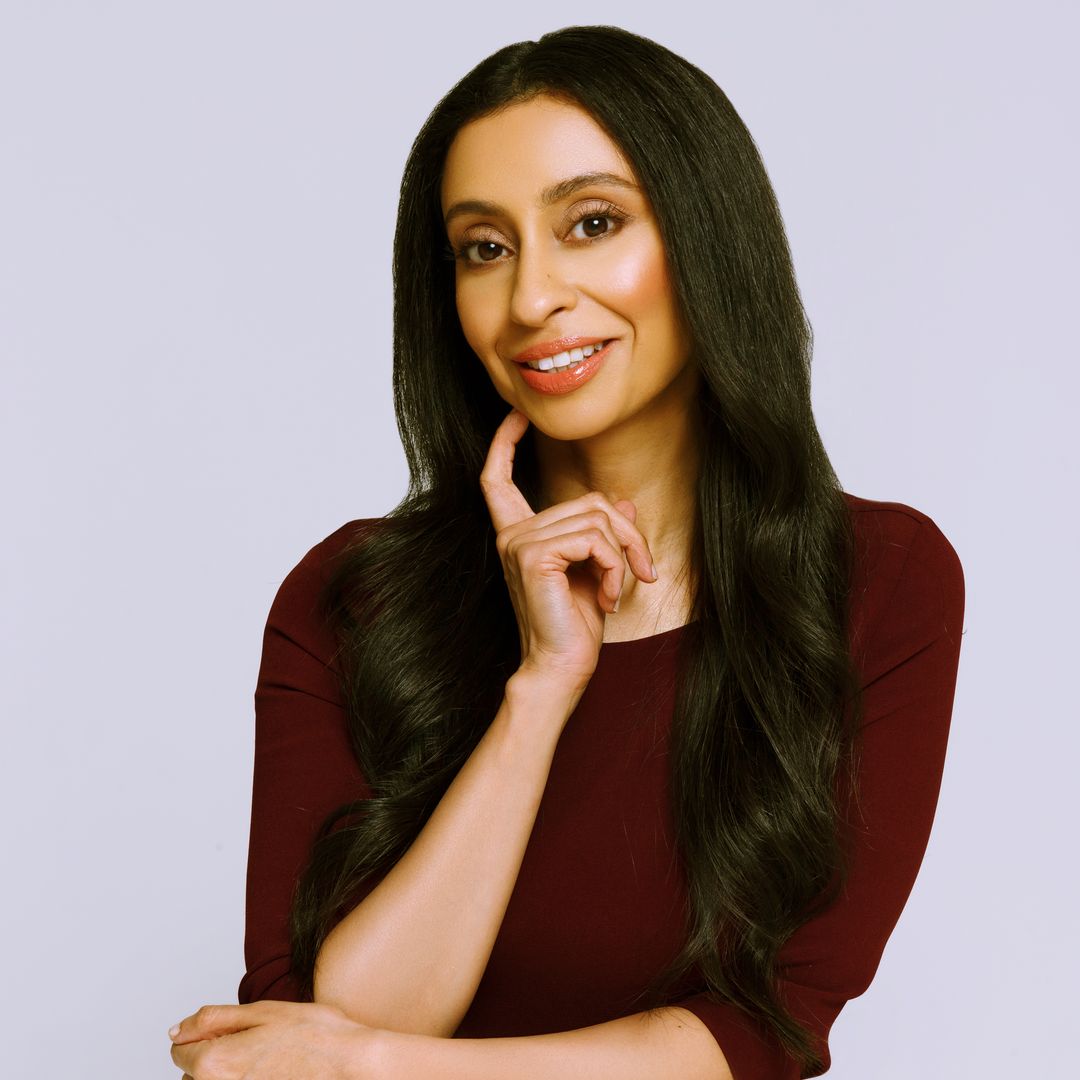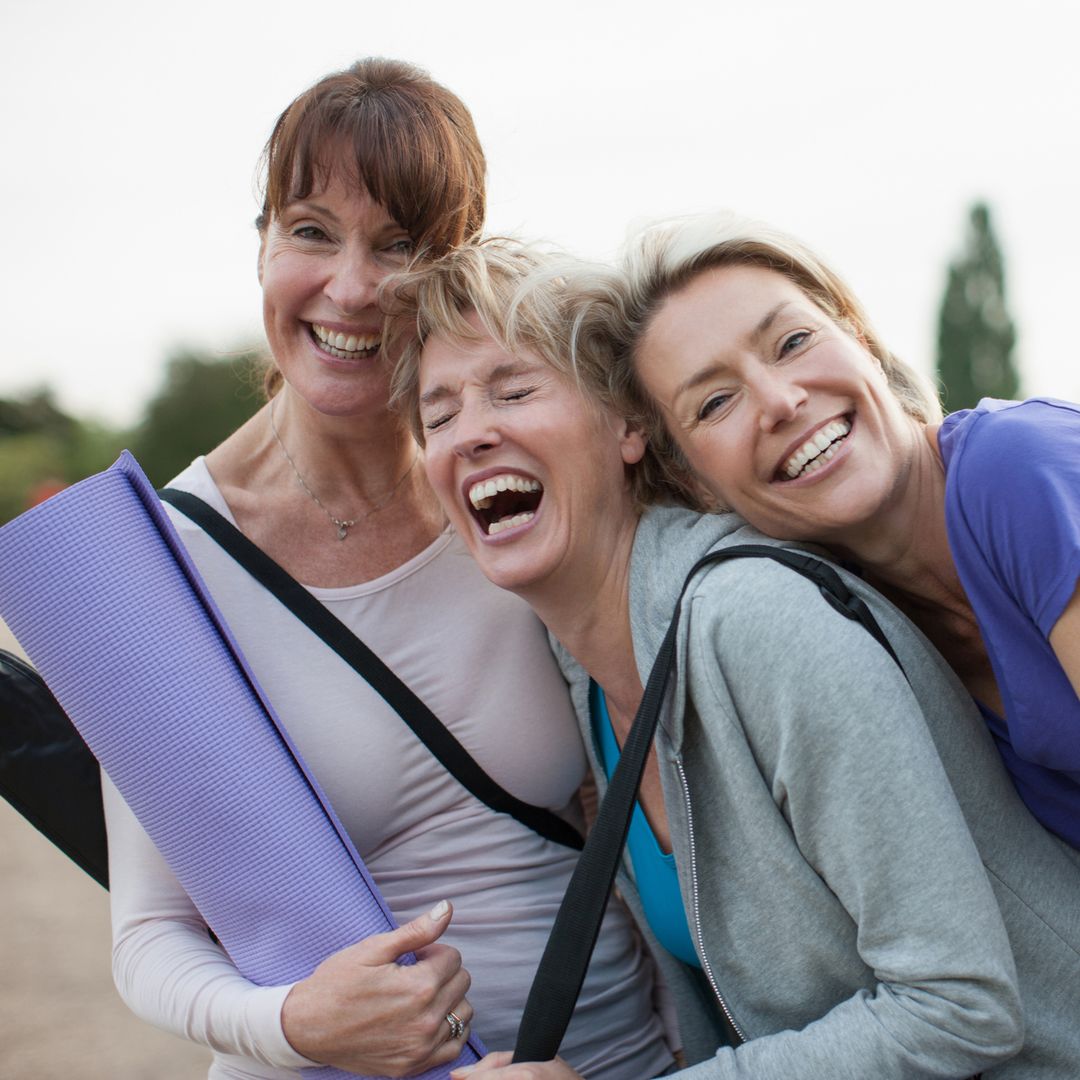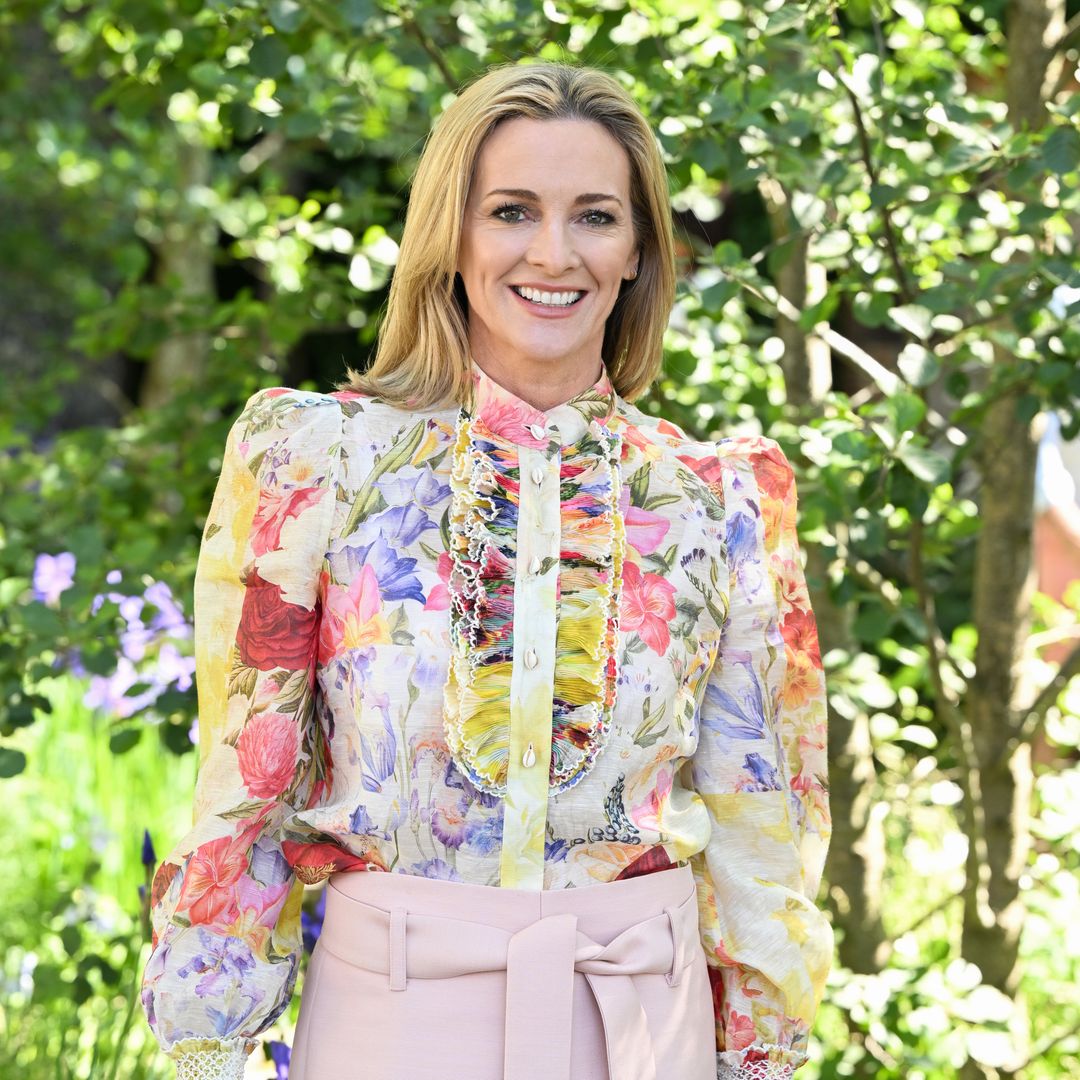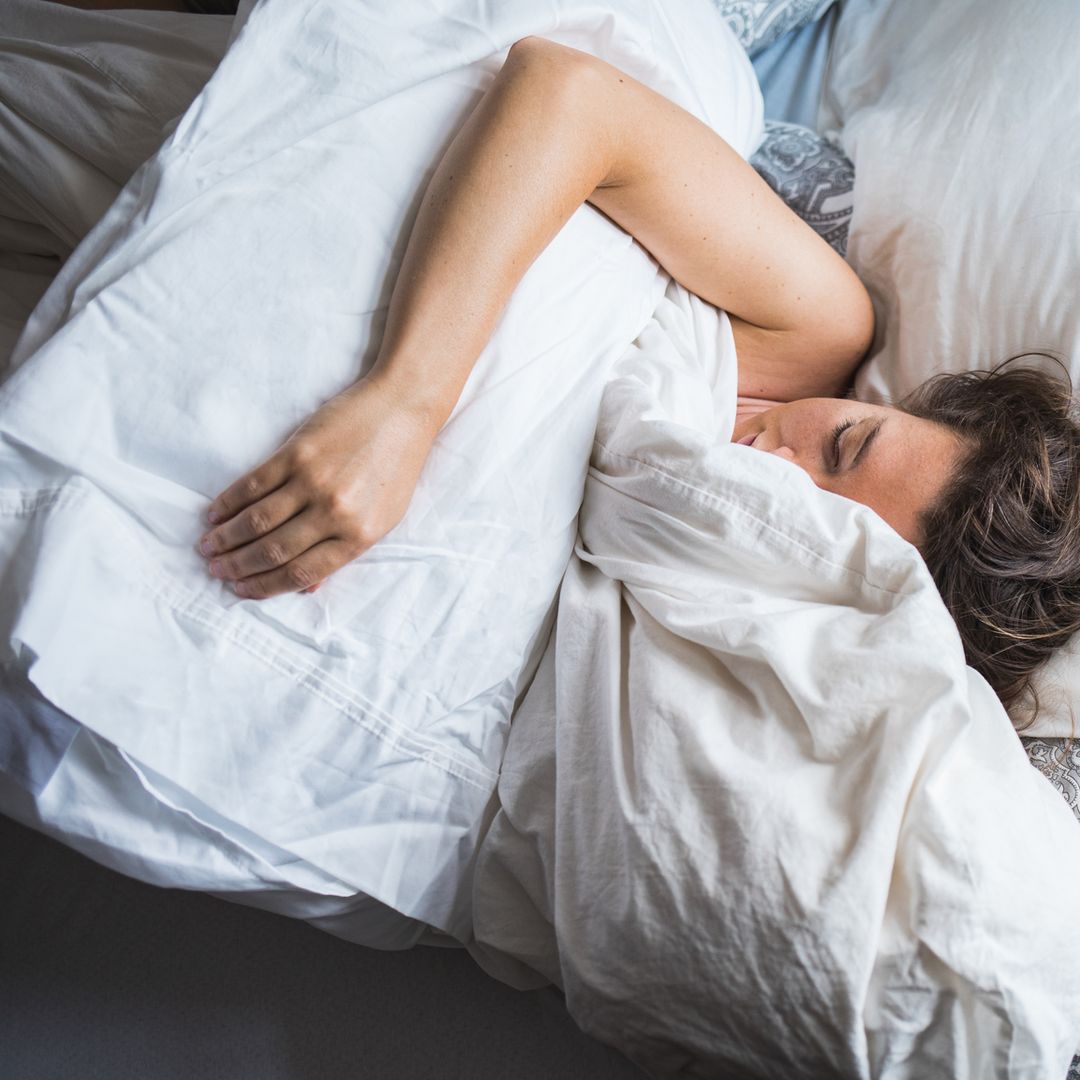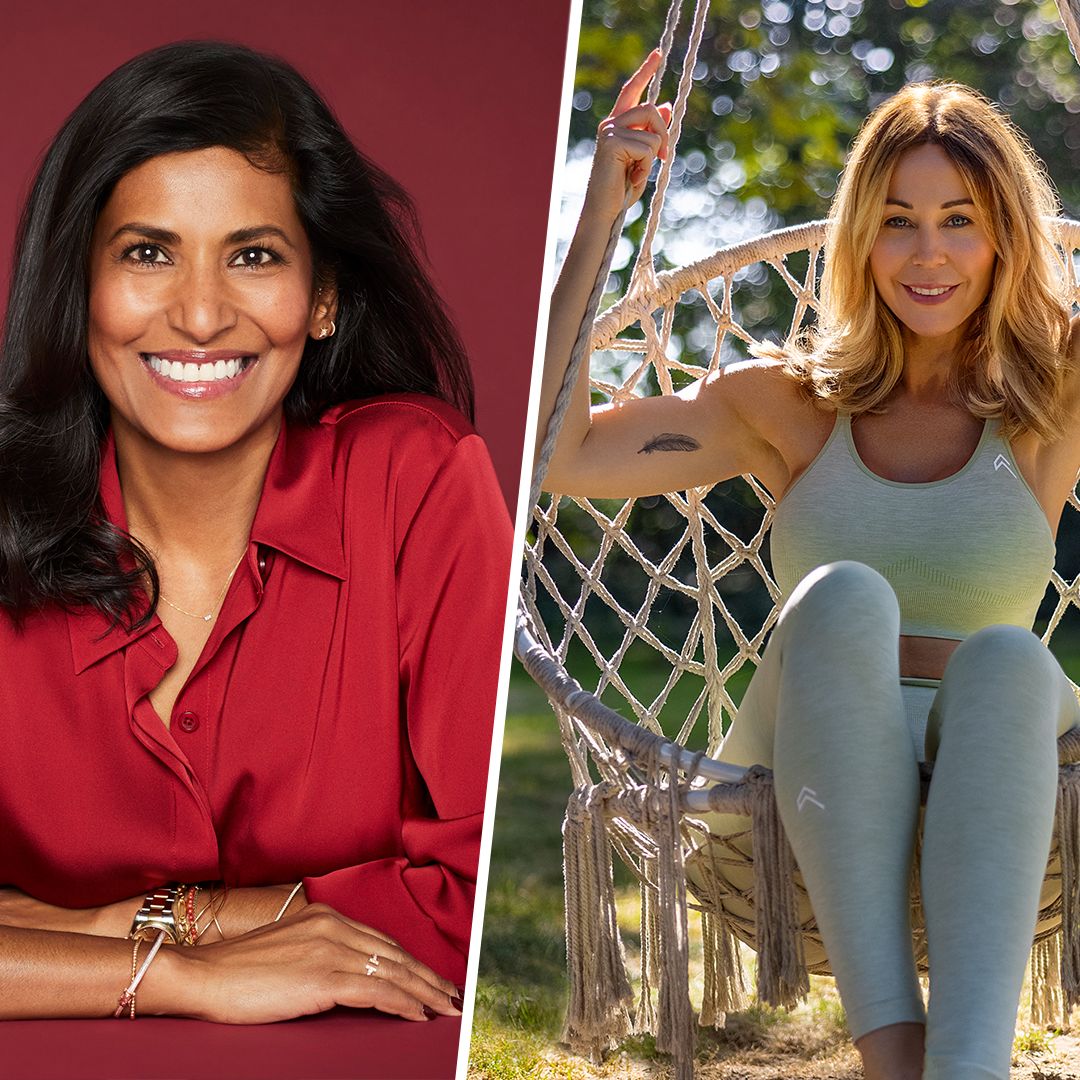Now that Dry January is here, you may be contemplating ditching or reducing booze for a month.
I’ll be joining in this year, but it shouldn’t be too much of a challenge for me, given that over the summer, not drinking became my new normal. I swear, it’s the best thing I’ve ever done for myself.
It’s also – weirdly, unexpectedly – been one of the easier things I’ve done in my life, even though prior to July, I was happily glugging a couple of glasses of wine three to four nights a week. I enjoyed clinking Proseccos with my friends at parties and curling up on the sofa next to my husband with a beer.
My relationship with alcohol was uncomplicated and mostly an exercise in moderation and restraint. Sure, there were occasional, few-and-far-between moments of excess. (Drinking with an array of late-twenty-something groomsmen at my brother-in-law’s wedding in June comes to mind.) But I wasn’t worried about my drinking; I knew I could stop whenever I wanted to. I’d done it, plenty of times and for long periods, across stretches of pregnancy and breastfeeding my four kids.
I’d never wanted to stop for good, though. I enjoyed drinking.
But emotionally, since the pandemic, I’ve felt more enmeshed with alcohol than I was comfortable with.
That one drink a day held a lot of power: I enjoyed it as a treat. It helped me escape the turbulence of my mind. I didn’t always feel amazing the next day, and increasingly, I felt worse the less I had to drink.
DISCOVER: 24 of the best alcohol-free and low alcohol drinks
I thought I could keep going like that indefinitely with booze: not hating it, not loving it, but also not contemplating a life without it. Stopping seemed so extreme; it felt easier to stumble along with my status quo.
July was looking like it would be heavy on the drinking: I’d been selected for a 30-events-in-30-days challenge with Eventbrite, which involved me going to activities and socialising with strangers daily.
Alcohol, I imagined, would pretty much be a requirement if I was going to make it through those 30 days. What else could make me feel more confident in my skin, ease my social anxiety, loosen my tongue when I had nothing to say and help push away my feelings of inadequacy when I ‘messed up’ an art project or fitness move?
Except, that’s not what happened. On day two of the challenge, I went to a Sober Sweat dance class/social mixer with the Sober Girl Society, danced my heart out to moves choreographed by dancer AJ O’Neill and chatted to a group of very lovely and vibrant non-drinkers.
Sober Girl Society founder, Millie Gooch, took a photo of me dancing around, in my own world. It feels symbolic: I look happy. Free. Unselfconscious. Uninhibited. Joyful in my body and its abilities. Happy to be connected with a community.
And just like that, after the event, I decided to stop drinking. For a while, forever, maybe. It was that sudden, final and unexpected.
I haven’t touched a drop of alcohol since that day in July. And I don’t think I will – not anytime soon at least. Here are five reasons quitting drinking has made me happier…
How quitting alcohol made me happier
1. I feel like a car post-MOT – shinier, faster, better
Drinking is so ingrained in UK culture that most of us don’t stop to think about the effect that one glass is having on us – especially when we tick the box of ‘unproblematic’ drinking.
On paper, I wasn’t doing anything detrimental, but the immediate effects of stopping alcohol have been extreme in a way I’ve found surprising. Forget diet and exercise, this is the single simplest life change I’ve made with the most visible (and internal) benefits.
My energy levels seem to have doubled: I used to wake up groggy, feeling like everyone around me had a head start to the day when I wanted to stay in bed… now I’m the person running at 6:30 am on a Saturday.
My patience has stretched deliciously – it’s like gooey caramel now, a priceless gift when you’re looking after four kids. Digestive issues have eased, sleep is delightful and any symptoms of mental distress – depressive tendencies, anxiety – come from an issue I need to address, not a hangover.
MORE ALCOHOL-FREE INSPO: I quit alcohol for three months – here's what happened
2. I feel more in control of my life
I didn’t want to admit it when I was drinking, but I don’t think drinking did my friendships or relationships any favours. I’d pick fights with my husband. I’d overshare with friends and then feel embarrassed the next day. I’d spiral about my own perceived failures and weaknesses; I’d have days when I couldn’t function all that well. The common denominator? That one casual, no-big-deal, glass of wine.
This isn’t to say my moods are perfect all the time now, but the goal of my life can’t be to attain one hundred percent happiness. It’s about managing the good, the bad and everything in between. Not drinking has been a great lesson in trusting my instincts and listening to my gut – if something is stressing me out, I shouldn’t be trying to escape it with a drink, I should be figuring out why.
Not only am I getting to know myself better, but I like to think I’m doing some future-proofing for those perimenopausal/menopausal and hormonal changes to come in the next decade. Without alcohol there to dull my senses, I can really pay attention to and address any niggles, physical or emotional, that I’m feeling. It’s empowering.
READ: 5 ways to make every day special – and feel instantly happier
3. I have more self-worth
Historically, my self-worth has often been linked to what I’ve ‘achieved’, and this is as true of professional success as it is of forcing myself to engage in small talk with a stranger when I’d rather stay home in my pyjamas. Since I’ve stopped drinking, I’ve noticed my sense of self-worth shifting. I have to be more confident in myself without a drink to hide behind – and I’m also putting less pressure on myself all the time.
This is why I don’t really label myself as ‘sober’ – I don’t want to hitch myself to another wagon that could set me up for failure. I don’t want to stress about ‘being good’ or ‘messing up’. This approach has been really helpful because I tell myself that if I fancy a drink, I should absolutely have one: on my birthday, on holiday, whenever.
Giving myself permission, rather than acting like it’s a disaster if I do drink, has made this experience feel relaxed. And it’s helped me realise I don’t actually crave alcohol. I haven’t missed drinking – the taste of it, the buzz – at all.
4. I’m connecting with others more
It’s not surprising that big life choices come with their share of questions and criticism, especially from loved ones. Even my husband doesn’t totally understand why I stopped drinking (though he is happily benefitting from it by drinking less himself). But I’ve finally reached a point in my life where I am laying down boundaries and a drink is one more thing I can say ‘no’ to.
Going alcohol-free can sometimes act like a mirror for others – some might want to join you, while others will bristle at the idea. Community can be especially important, and these days, there are plenty of ways to connect with alcohol-free folk, like sober mixers and raves, alcohol-free bars, sober dating and alcohol-free cocktail making. I’m dipping into stuff: the Sober Girl Society WhatsApp group is blowing up on my phone, and I try to check out sober-friendly events when I can. (see: Sober Sommelier’s conscious crystal-infused cocktails at Fire + Alchemy – they are incredible.)
5. I finally have money in my bank account
I didn’t realise how much alcohol was draining me physically, mentally or financially, but not spending £20+ on two cocktails on a night out has been another unexpected bonus of my new alcohol-free life. I’m confident I’ve saved hundreds of pounds since I stopped drinking.
READ: How taking control of my finances helped me find my confidence
In the past, I would have considered saving up for something special. Treating myself. Now I realise, I don’t need anything. Not drinking has given me the best gift of all: I like myself now.


